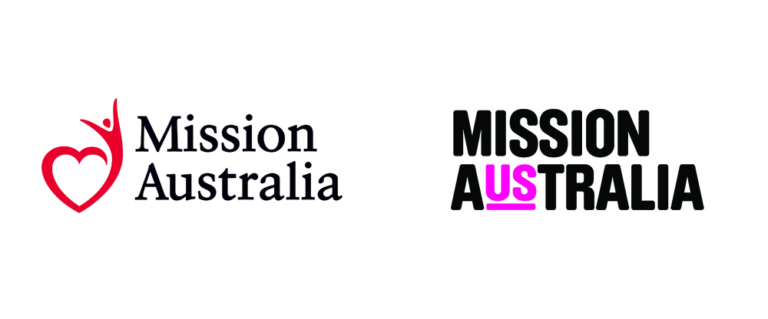No postcode untouched by stroke
EVERY 10 minutes, someone in Australia will suffer a stroke and there are a thousand cases each week.
It 2014 it is predicted there will be 867 strokes in the Flinders and McMillan electorates.
Stroke survivor Nicholas Peck, of Trida, said the stroke he suffered 14 years ago forced his early retirement from teaching.
He has since become involved in voluntary work at Leongatha and Warragul.
He works as a volunteer at the South Gippsland Citizens Advice Bureau every Tuesday.
The reality of life as a stroke survivor becomes clear.
“The stroke,” he said, “completely changed my life.”
“I cannot walk without a stick, have less feeling in my left side and my speech is slightly impaired.”
Not being able to drive is “a major problem” and means he has to rely on others.
So too, Mr Peck’s eyesight was affected and he cannot read signs well, which makes travelling alone difficult.
When the stroke occurred he was treated in Melbourne, as neither Leongatha nor Warragul had the facilities to treat stroke, but said medical services available to him as a survivor are “tremendous.”
Releasing a report on the impact of stroke, National Stroke Foundation CEO Dr Erin Lalor said, “No postcode is untouched by stroke.
“Stroke kills more women than breast cancer and more men than prostate cancer.
“This devastating disease also places significant demands on health services, families and the community across the country.”
Mark Petty, acting CEO of Gippsland Southern Health Service, described stroke as “one of the major burdens upon the community as a whole.”
Traralgon and Warragul hospitals have designated acute stroke units and while Leongatha does not, it does ‘step-down care’ helping patients recovering from stroke to get back on their feet.
Australians most at risk of a stroke include the 6.1 million people living with high cholesterol, 4.1 million with high blood pressure and 434,000 with atrial fibrillation, an irregular heartbeat that can cause a five-fold increase in risk of stroke.
A lack of physical exercise is also a risk factor.
The National Stroke Foundation report, Stroke in Australia: no postcode goes untouched, depicted for the first time the full impact of stroke in each Australian electorate.
Most alarming is the report’s prediction that if nothing is done to halt the growth, “stroke survivors will surge past 700,000 by 2032.”
This is up from the current 441,000 estimated to be living with the effects of stroke at a price tag of $5 billion per year, including $3 billion in lost productivity.

Persisting still: Nicholas Peck continues to live his life, despite suffering a stroke. He is a volunteer at the South Gippsland Citizens Advice Bureau, Leongatha.
The report showed the Flinders electorate, which takes in the Mornington Peninsula, Phillip Island, Lang Lang and Tooradin, is a hot spot for stroke.
It comes third nationwide behind Hindmarsh in inner western Adelaide and Lyne on the mid north coast of NSW.
Short URL: /?p=12063







